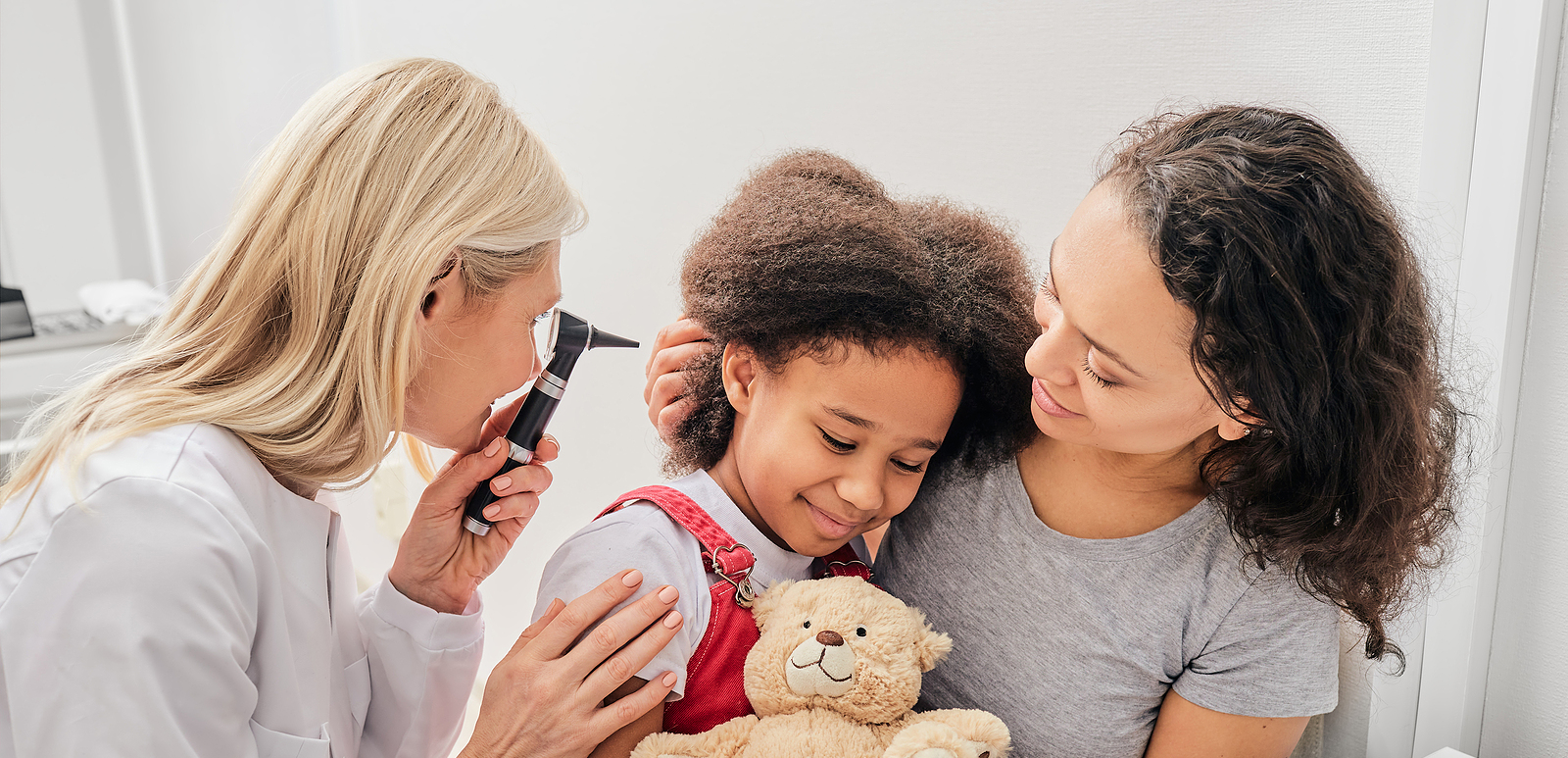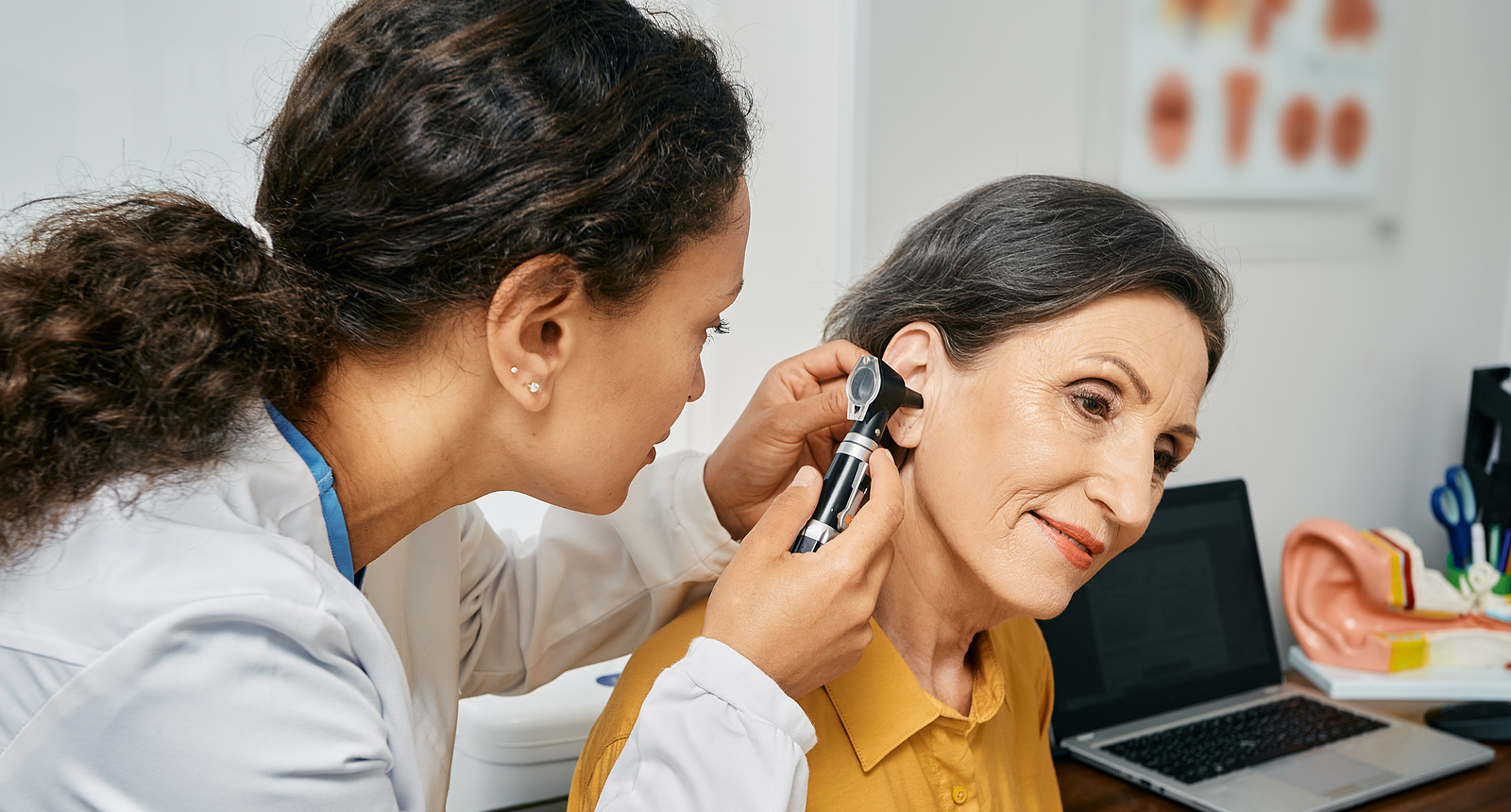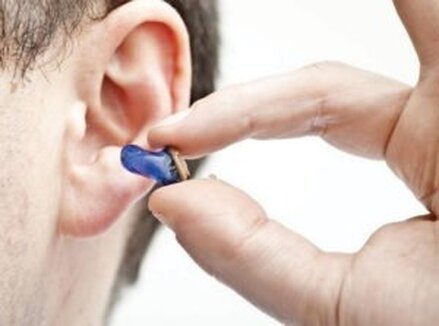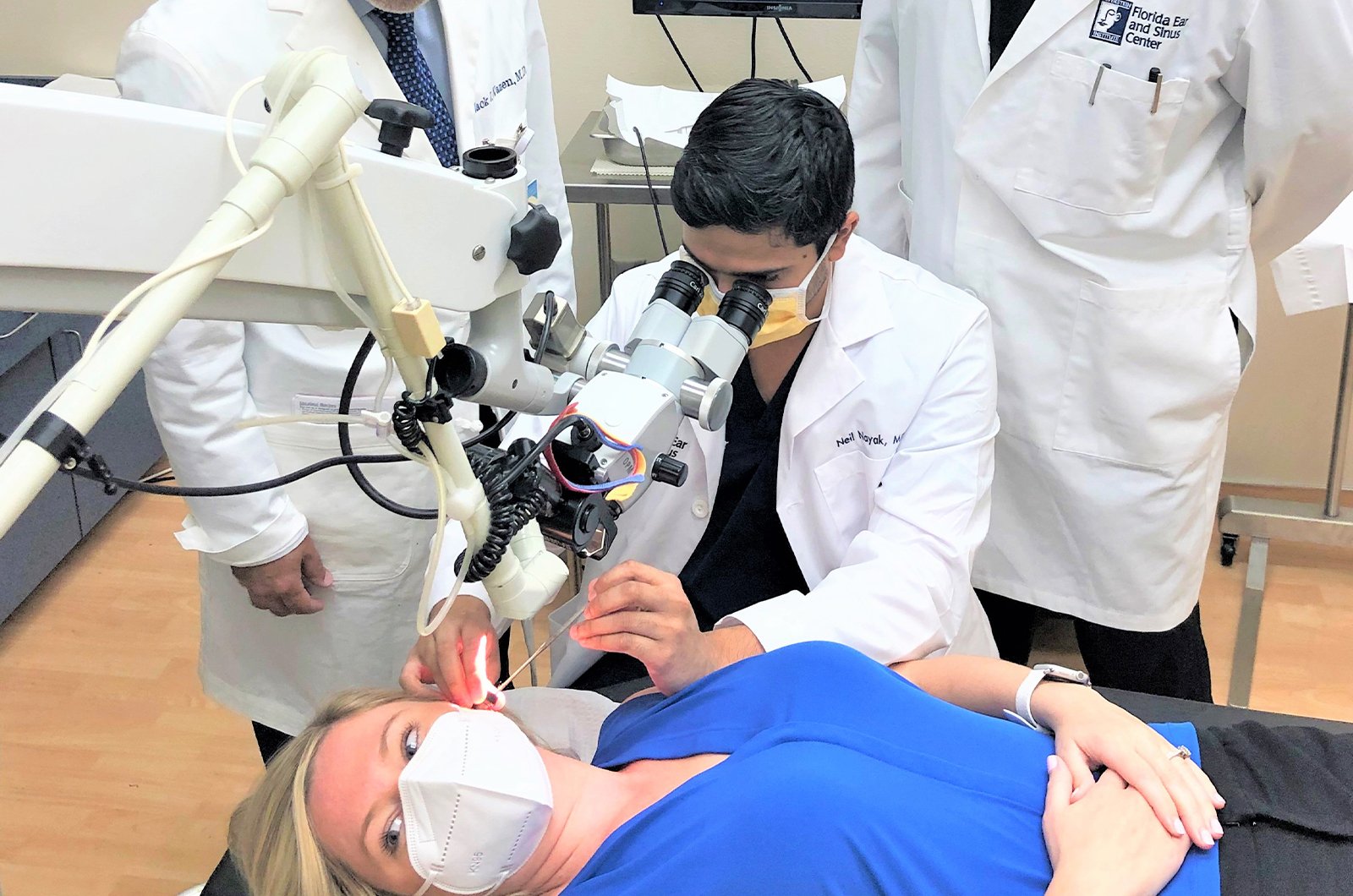

Why is Communication Important for the Hearing Part of Your Brain? Over the past decade, there have been more evidential...



Originally Published at S W Florida Health and Wellness Magazine Hyperacusis, or noise intolerance, is a condition in which...
1901 Floyd Street
Sarasota, FL 34239
(941) 365-0367